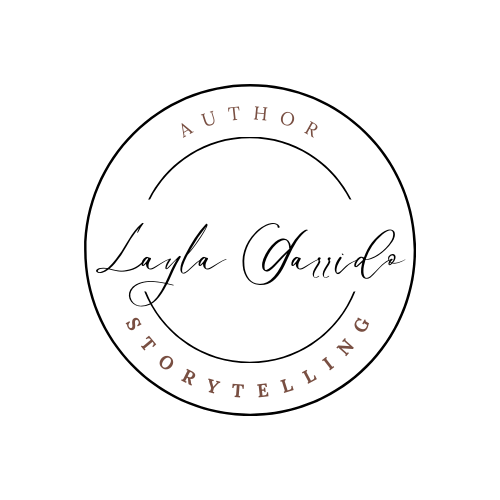
When I was a child, at five years old, I received a wonderful gift from my paternal grandmother, Niña Rebe. She was a great reader, a woman with a heart of gold and much wisdom thanks to her reading habits, so she gave me The Little Prince by Antoine de Saint-Exupéry, as a birthday gift.
From her hammock, she always gave me good advice. Though I usually turned deaf to her words, she knew that one day, those pieces of advice would emerge from the chest of memories to guide my steps.
The character of “The Fox” in this book represents the wisdom of experience, teaching the importance of building real and meaningful connections with others. In my story, Niña Rebe could easily embody that character. The Little Prince is full of memorable phrases, and here, I just want to mention a few that have marked my life and helped me always see the best in each person. To draw out the good and ignore the bad, and to learn to recognize the lesson that each adversity brings: “Here is my secret, which could not be simpler: it is only with the heart that one can see rightly; what is essential is invisible to the eye.” “If you come, for example, at four in the afternoon, from three o’clock I shall begin to be happy.” “It’s crazy to hate all roses because one pricked you. To abandon all your dreams because one of them didn’t come true.” “Men no longer have time to know anything. They buy things already made by merchants. But since there are no merchants of friends, men no longer have friends.” In that book, I understood the difference between wanting and loving, though I was not aware of the great value in those words. Wanting and loving are feelings that encompass a wide range of emotions. But it’s important to know the difference between them because sometimes we might confuse them, creating voids that can jeopardize any relationship. Without solid foundations, there is no lasting or reliable future. My grandmother knew this, but in her environment, it was very hard for her to make herself understood and for her ideas to resonate, so she made sure to pass on that knowledge so that through the innocence of childhood, I could understand the essence of life and prepare to be an emotionally stable adult in a world full of situations that challenge our sound judgment. The Little Prince, for example, expresses it perfectly in this short dialogue: — “I love you,” said the Little Prince. — “I also care for you,” replied the rose. — “But it’s not the same,” he replied and then continued… “To want is to take possession of something, of someone. It’s seeking in others what fills personal expectations for affection and companionship. To want is to make ours what does not belong to us, to take or desire something to complete ourselves, because at some point we recognize ourselves as lacking. Wanting is expecting, is clinging to things and people from our needs. So, when we lack reciprocity, we suffer. When the ‘good’ we want does not respond, we feel frustrated and disappointed. If I want someone, I expect something. If the other person doesn’t give me what I expect, I suffer. The problem is that there is a greater likelihood that the other person has other motivations, for we are all very different. Each human being is a universe.When a person says they have suffered because of love, they have suffered because of wanting, not because of love. We suffer from attachments. If one truly loves, they cannot suffer, for they expect nothing from the other. When we love, we give without asking for anything in return, for the pure pleasure of giving. But this giving, this selfless offering, only comes with knowledge.
We can only love what we know because to love is to leap into the void, to entrust one’s life and soul, and nothing offers compensation to our soul. Knowing oneself is precisely to be aware of our joy, peace, anger, struggles, and mistakes because love transcends anger, struggle, and error.To love is the full trust that, come what may, you will be there, not because you owe me anything, not with selfish possession, but just to be in silent company. To love is to know that time doesn’t change you, nor do tempests, nor my winters.
To love is to give you a place in my heart so that you stay as my partner, father, mother, brother, child, and friend, and to know that in yours there is a place for me. Giving love does not exhaust love, but increases it. The way to repay so much love is to open the heart and allow oneself to be loved. — “Now I understand,” she replied after a long pause. — “It’s better to live it,” advised the Little Prince. At this moment, I can say with certainty that I have learned the lesson. I have had to face great challenges and pass final exams with high scores to advance to the next course in the school of life until one day I can graduate from the most important profession: “Surfing Emotional Tides” with a master’s in “Grandma’s wisdom helps you heal.” Thank you, Niña Rebe, for being my greatest mentor.